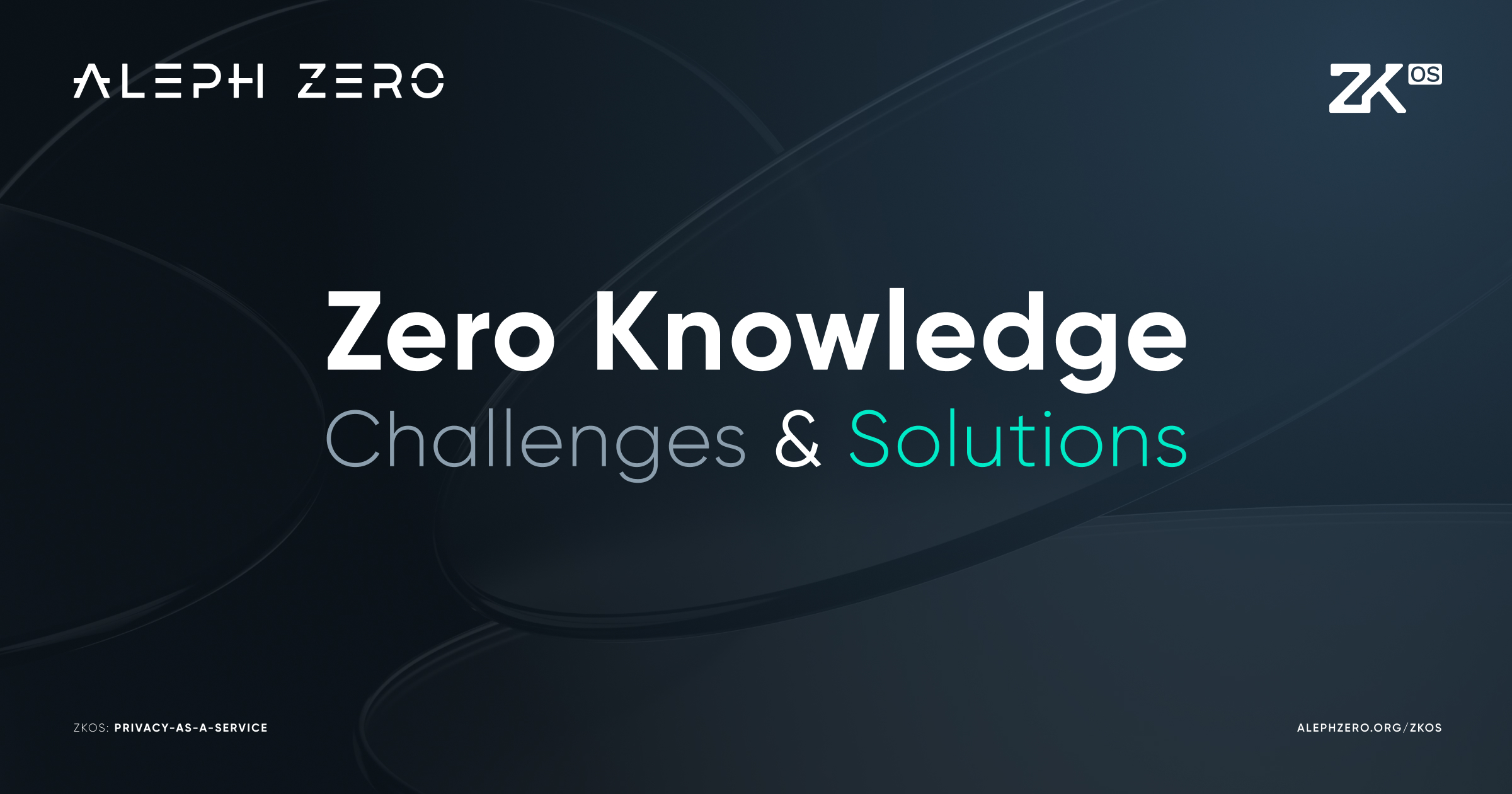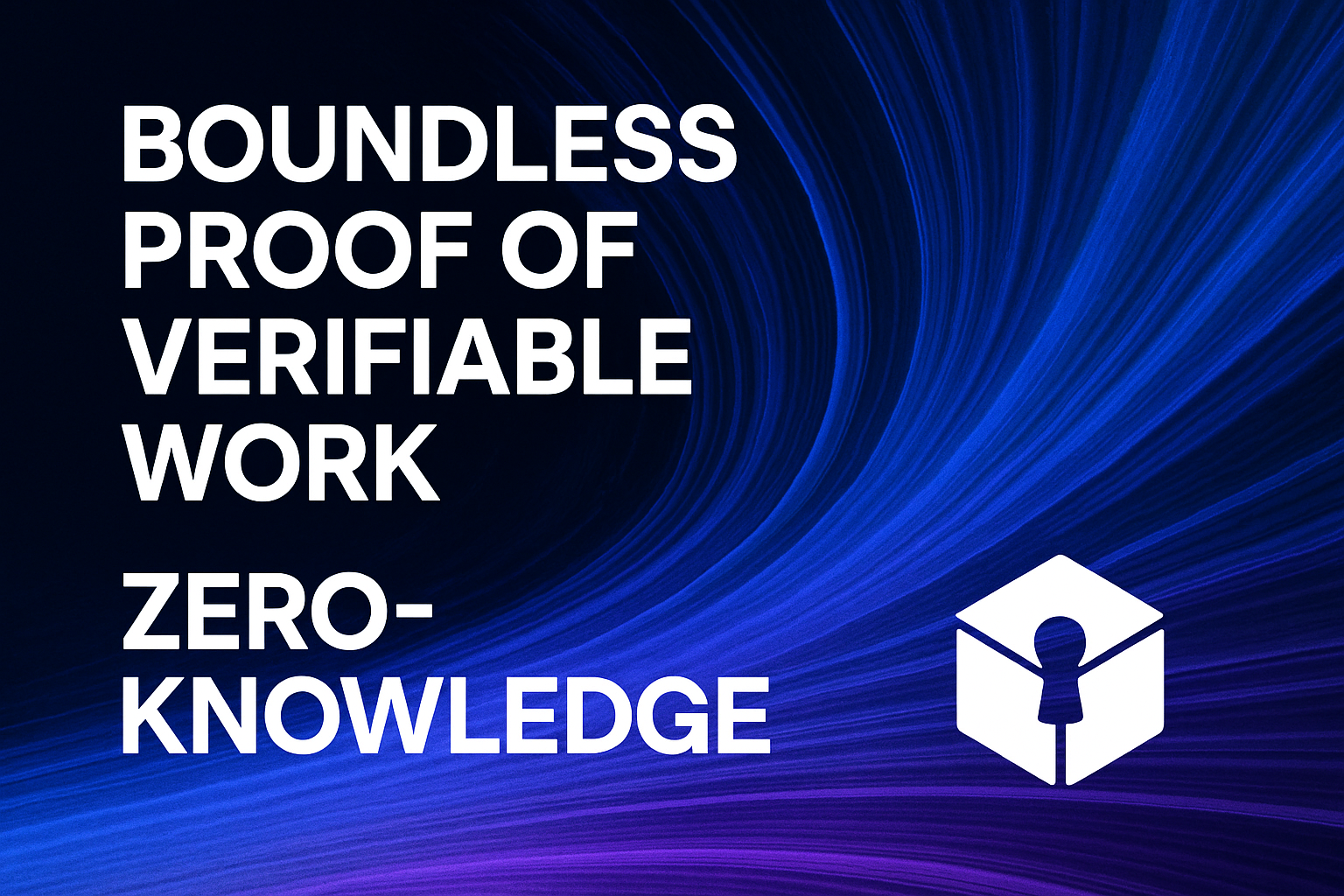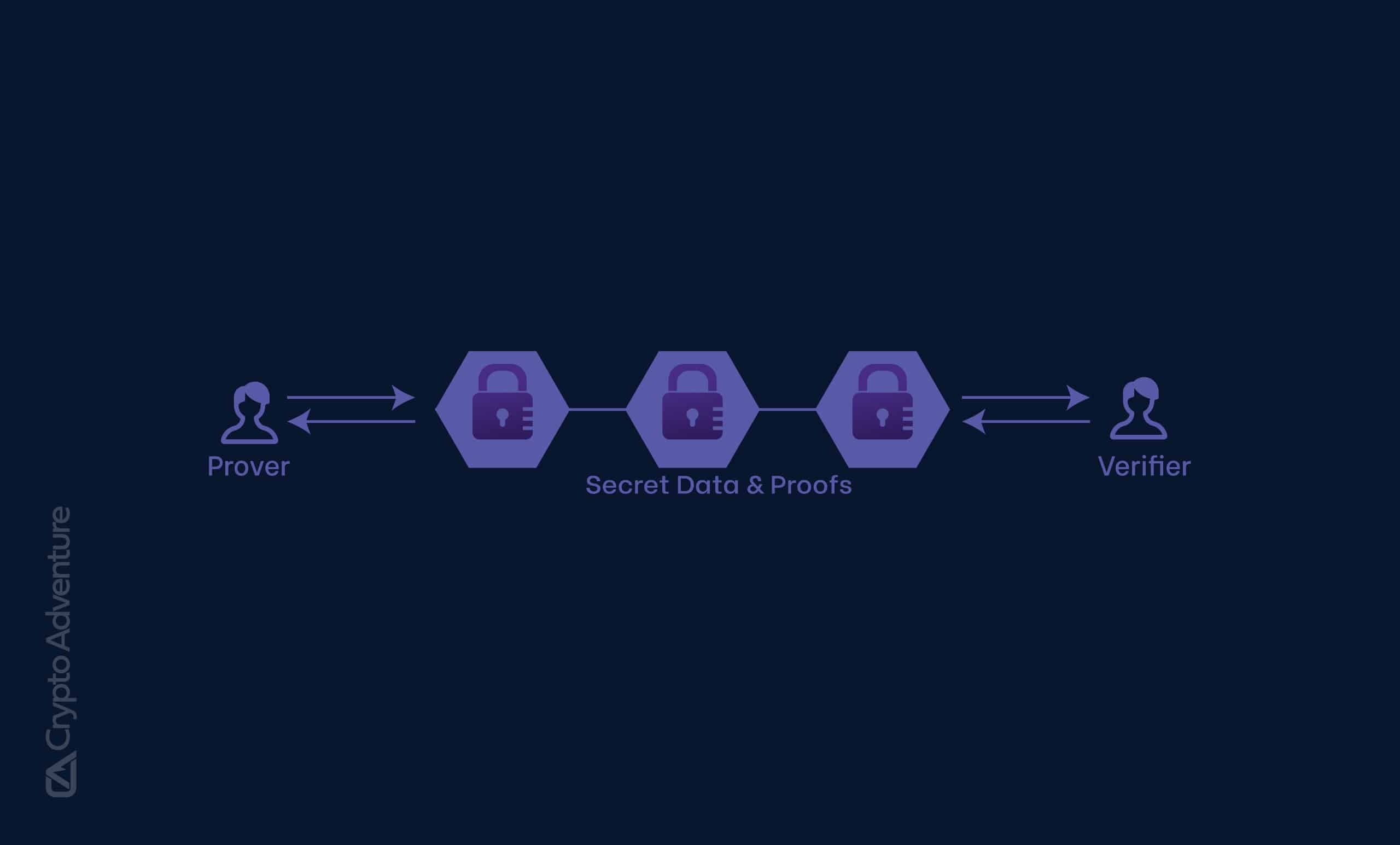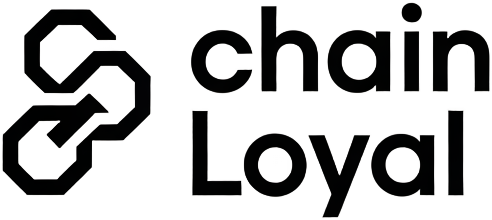
Zero-knowledge proofs (ZKPs) aren’t just another buzzword in the DeFi space. They’re the secret sauce now energizing on-chain loyalty staking incentives, unlocking a new era of privacy, verifiable rewards, and efficiency for both users and projects. As DeFi matures, the demand for privacy and fairness in staking programs has never been higher. ZKPs are answering that call, letting users prove eligibility and stake their tokens without exposing sensitive data or opening the door to incentive farming exploits.

Privacy-Preserving Staking: Shielding User Data, Maximizing Trust
Traditionally, staking on-chain has meant putting your wallet address and token amounts on full display. This transparency is great for protocol integrity but not so much for user privacy. Enter ZKPs. By integrating zero-knowledge proofs into staking systems, platforms like Lasagna Finance allow users to delegate tokens to validators without revealing their identity or the exact amount staked. The result? True privacy without sacrificing security or participation. You can read more about Lasagna’s approach to private stake registration using ZKPs in their official documentation.
“Zero-knowledge proofs are the backbone of the next-gen loyalty economy. They let us reward truth and loyalty without exposing every move on-chain. “
Verifiable Rewards Without Sacrificing Anonymity
The classic DeFi dilemma: How do you verify that a user has earned a reward without exposing their every on-chain action? ZKPs solve this elegantly. Imagine a protocol like Boomerang, where user rewards are computed and verified through zero-knowledge proofs. The protocol can prove a user’s eligibility and calculate their rewards without ever revealing the granular details of their activity. This isn’t just theoretical – it’s live in the wild, as detailed in this research paper on Boomerang’s ZKP-based incentives. The upshot: verifiable, trustless loyalty rewards that keep user data private and secure.
Top 5 Benefits of ZKPs in DeFi Loyalty Staking
-

Enhanced Privacy for Stakers: Zero-knowledge proofs (ZKPs) allow users to stake tokens and participate in loyalty programs without revealing their identity or the exact amount staked. Platforms like Lasagna Finance are pioneering private stake registration using ZKPs, ensuring user anonymity while maintaining protocol integrity.
-

Verifiable and Private Incentive Mechanisms: ZKPs enable DeFi protocols to calculate and distribute staking rewards transparently, without exposing individual user data. The Boomerang protocol utilizes ZKPs to verify user rewards, guaranteeing fairness and privacy in loyalty incentive systems.
-

Proof of Useful Work for Meaningful Rewards: Advanced consensus models like Proof of Useful Work (PoUW) leverage ZKPs to reward users for completing valuable computational tasks. Boundless employs Proof of Verifiable Work (PoVW), where users generate ZK proofs and earn incentives for contributing to network security and scalability.
-

Decentralized and Efficient Proof Networks: ZKPs power decentralized proof networks, such as Succinct’s Prover Network, which use real-time auctions to allocate proof generation. This approach ensures fair, efficient, and scalable distribution of staking rewards across participants.
-

Greater Trust and Participation: By integrating ZKPs, DeFi loyalty staking platforms foster a transparent and trustworthy environment. Users are more likely to participate when privacy is protected and rewards are provably fair, driving broader adoption and network growth.
Incentive Mechanisms: From Proof of Stake to Proof of Useful Work
Zero-knowledge isn’t just about privacy – it’s revolutionizing how we design incentive systems in DeFi. Take Proof of Useful Work (PoUW) and Proof of Verifiable Work (PoVW) models. Here, participants generate ZK proofs as evidence of meaningful contributions to the network – whether that’s computational work, data validation, or governance participation. Projects like Boundless are already leveraging these models, compensating provers directly with ZK rewards for their contributions. This approach aligns incentives with network growth and security, not just raw token holdings. For a deeper dive on how PoVW is implemented and rewarded, check out the Boundless explainer.
We’re witnessing a fundamental shift in how on-chain loyalty rewards are earned and distributed. No more gaming the system or exposing sensitive data just to claim your fair share. With ZKPs, protocols can implement robust anti-farming DeFi incentives and ensure that loyalty is not only rewarded but also protected from prying eyes and exploitative actors.
Decentralized proof networks are also raising the bar for efficiency and fairness in the loyalty staking landscape. Succinct’s Prover Network, for example, uses real-time auctions to allocate proof generation, ensuring that rewards are distributed equitably and that the network operates at peak performance. By leveraging zero-knowledge proofs, these networks can rapidly verify complex computations and transactions, all while keeping user information confidential. This kind of infrastructure is a game changer for scaling DeFi platforms and onboarding the next wave of users who demand both privacy and transparency.
But it’s not just about privacy or speed, ZKPs are also transforming the economics of on-chain loyalty. By making it economically costly to make false claims or misrepresent activity, as seen in the “claim economy” model, protocols can reward truth and penalize misinformation at scale. This mechanism is especially potent in communities where reputation and verifiable participation are paramount. When users must stake tokens to make a claim (and risk losing them if proven false), it creates a self-regulating ecosystem where honesty is not just encouraged, it’s enforced by design.
The Road Ahead: ZK Rewards, User Empowerment, and Next-Gen Loyalty
The future of on-chain loyalty staking incentives is being shaped right now by the rapid adoption of zero-knowledge proofs. With privacy-preserving rewards, anti-farming mechanisms, and scalable proof networks, DeFi projects can finally deliver on the promise of fair, secure, and user-centric loyalty programs. The days of choosing between transparency and privacy are over, ZKPs let us have both.
“Zero-knowledge proof technology is the missing link for mass adoption of on-chain loyalty incentives. It’s about trustless verification, but also about respecting user sovereignty. ”
As more protocols integrate ZKP-powered staking and rewards, expect to see a surge in creative incentive models, everything from private NFT drops to gamified governance and cross-chain loyalty networks. The common thread? Users stay in control of their data while earning more for their genuine participation.
For crypto enthusiasts and DeFi investors looking to maximize returns while supporting their favorite projects, understanding ZK-powered loyalty staking is no longer optional, it’s essential. The projects that get this right will set the gold standard for trust, engagement, and security in Web3.






